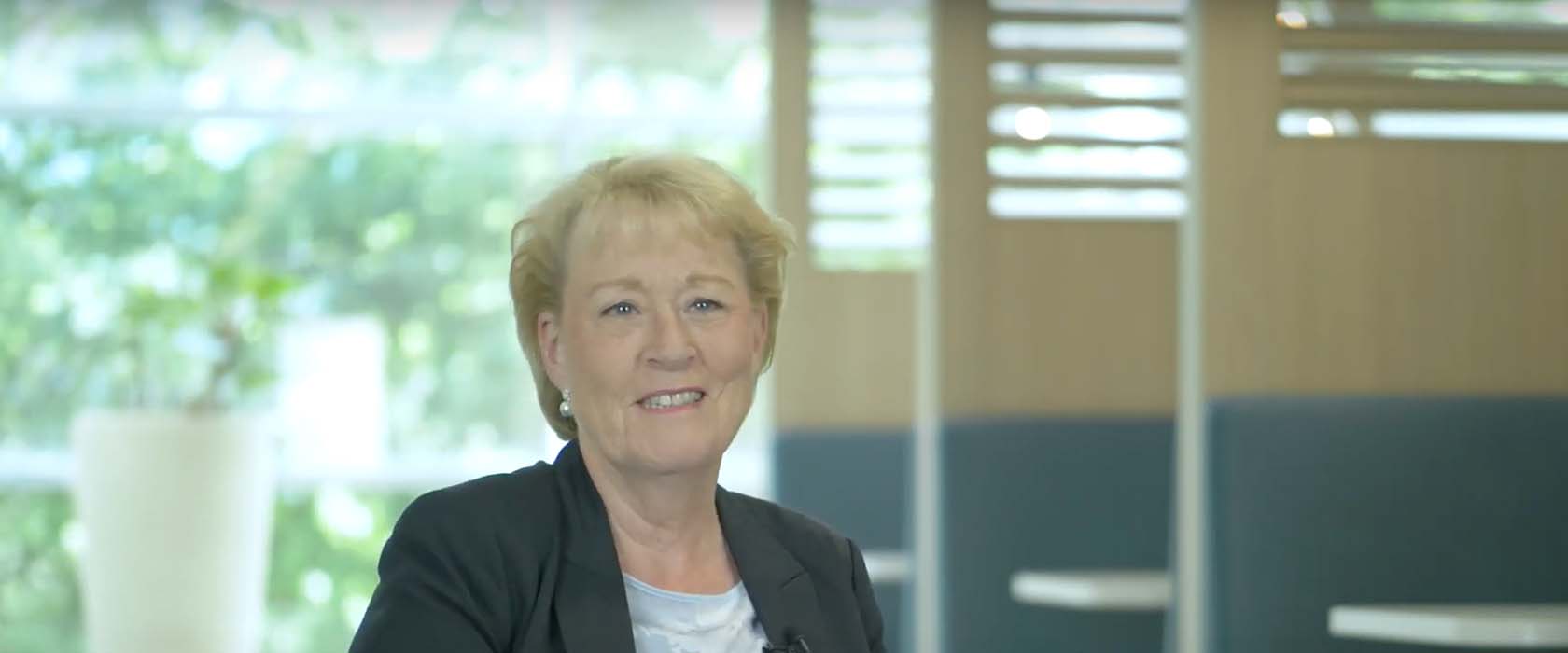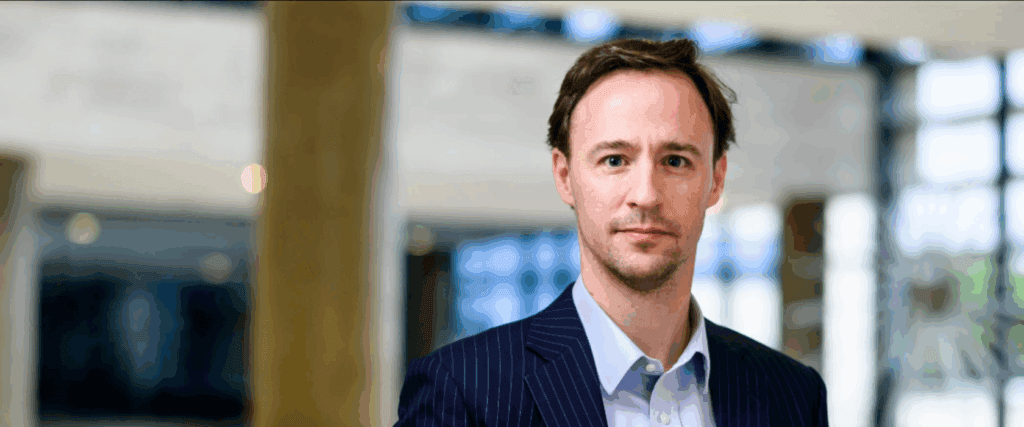How executive coaching benefits MBA students
How does executive coaching help MBA students achieve their potential? Hetty Brand-Boswijk, Director of Coaching and Lead Coach at Rotterdam School of Management, discusses the importance of introspection and how the Executive MBA incorporates key lessons from the practice.







